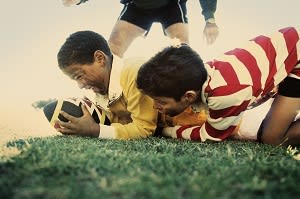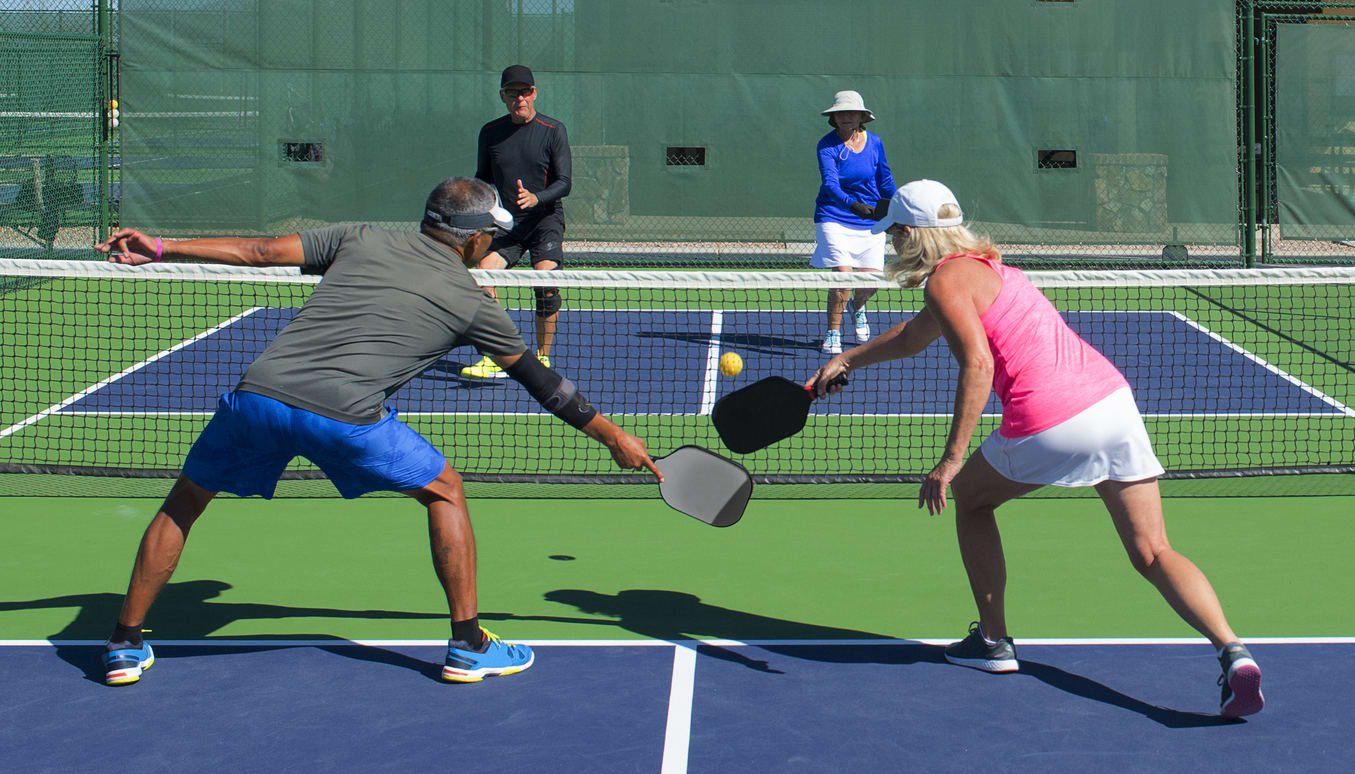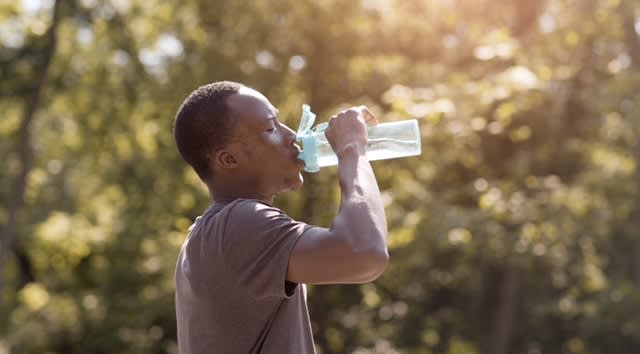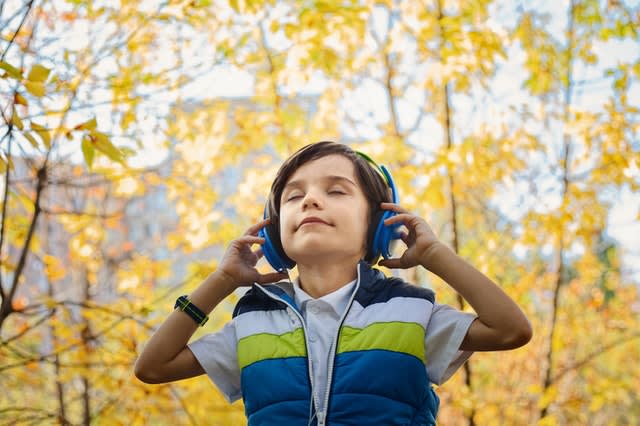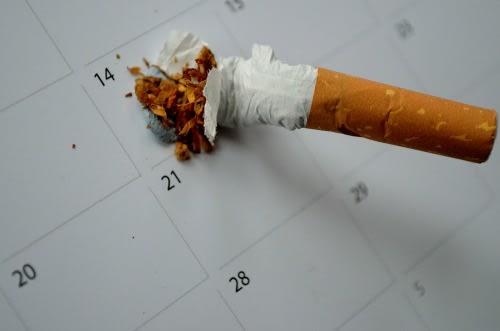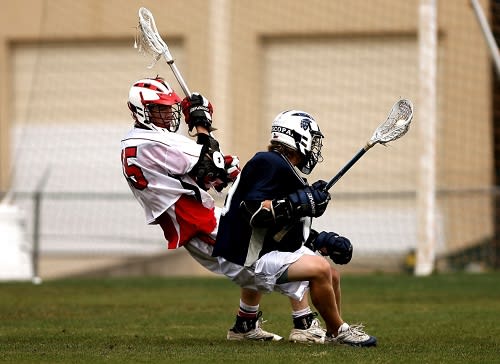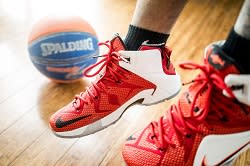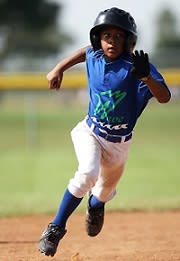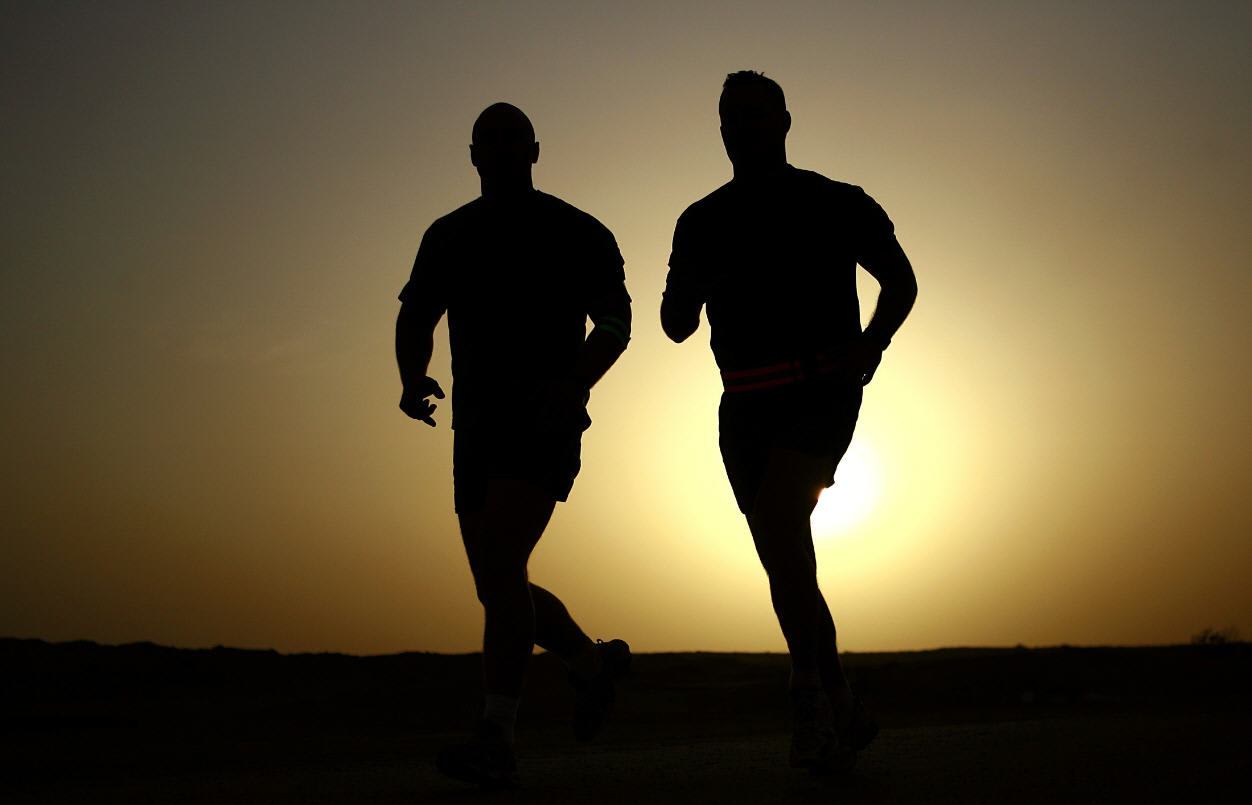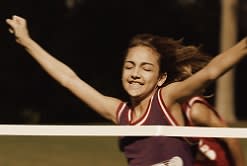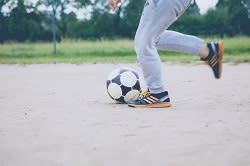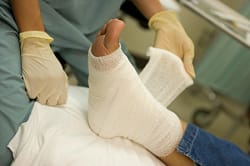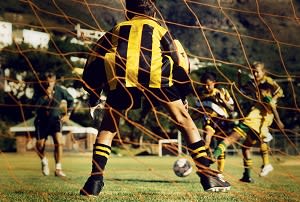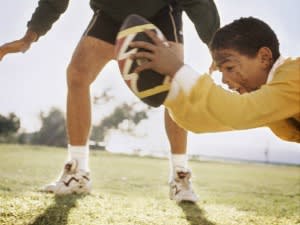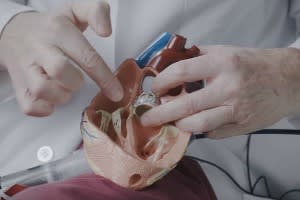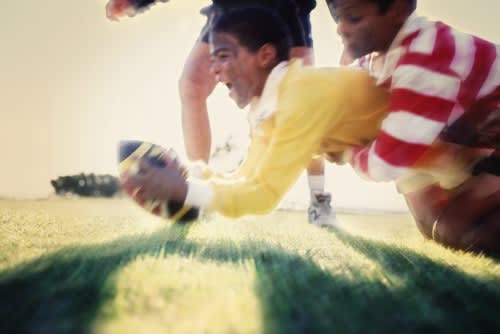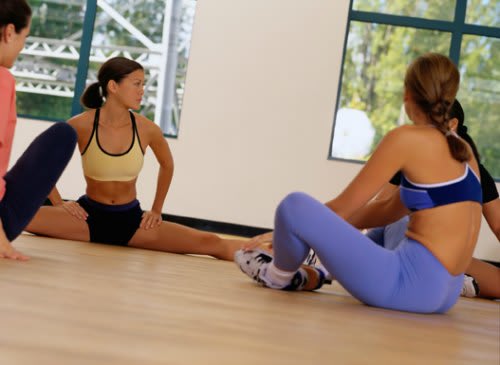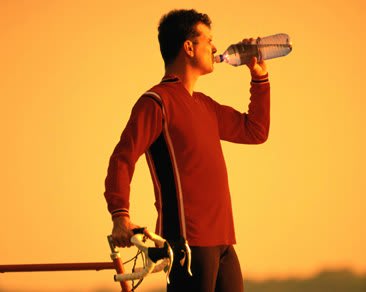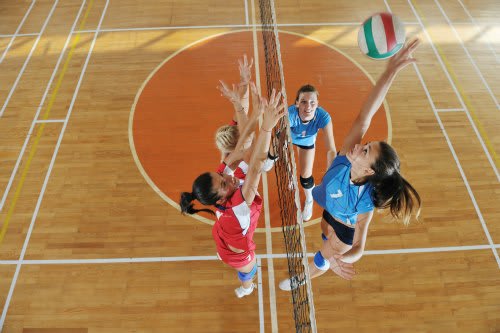Your Sports Star and Head Injuries
Published: September 16, 2016l
By Rebecca A. Petersen, MS, ATC, Patient Care Coordinator, Concussion Center
Make an Appointment
The Concussion Center Team looks forward to meeting you. Give our staff a call at 203.276.4123.
Injury to the head can be a very scary thing for both the athlete and the parent. As with any injury, prevention is the first line of defense, but when injury does occur, don’t panic. Instruct your child tell someone what happened, whether it is a coach, teacher, athletic trainer, nurse, EMT, or yourself. If concussion is suspected, your child should sit out and seek further evaluation from their pediatrician or a specialist trained in the evaluation and management of concussion.
Defined: Concussion is a mild traumatic brain injury that can occur after a blow to the head or other blow to the body that can cause an impulsive force. The brain “floats” within your skull, so whether you have a helmet on or not, you can sustain an injury to the brain.  Concussions are a functional vs. structural (bleeds, fractures) injury, meaning it doesn’t show up on traditional imaging (CAT Scans, MRIs).
Concussions are a functional vs. structural (bleeds, fractures) injury, meaning it doesn’t show up on traditional imaging (CAT Scans, MRIs).
How can I prevent the injury?
- Give proper instructions for the sport, ensuring athletes are following the rules and safety guidelines
- Give timely correction to athlete when performing a skill incorrectly (i.e. proper tackling techniques, heading the ball, etc.)
- Understand that NO helmet, bands, or other equipment will prevent a concussion from occurring. Many items are available to purchase with little to no scientific evidence to support the claims made by manufacturers.
All sports equipment should:
- Fit your child
- Be age appropriate
- Be well maintained
- Be worn consistently as intended and not altered with an aftermarket product
What are signs and symptoms of concussion?
Injury to the brain is not the same as injury to another part of the body. Symptoms may worsen or be delayed in presentation. Each individual is different in presentation. No two concussions are alike, even in the same person.
The following are red flags. Call 911 immediately.
- Worsening persistent headache
- Persistent vomiting
- Loss of consciousness
- Focal neurological deficits
- Lethargy
- Worsening confusion
- Neck pain
- Worsening irritability & behavioral changes
- Fracture proven and/or suspected
- Non-accidental trauma suspected
- Seizures
The following require monitoring and referral to healthcare providers.
- Headache (somatic)
- Light sensitivity
- Ringing in the ears (tinnitus)
- Blurred vision
- Balance problems/dizziness
- Memory loss (cognitive)
- Loss of consciousness
- Sleep changes
- Foggy feeling
- Difficulty concentrating
- Changes with pupils
- Heightened emotions
- Anxiety or sadness
- Unusual or out-of-character behavior
Treatment and Recovery from Concussion
Rest is important to avoid increasing symptoms and not delay the resolution of the concussion. 80-90% of concussions will resolve on their own with basic behavior modification, with a reduction in physical and cognitive activity. This generally takes at least 2-3 weeks, but sometimes it can take longer. Management requires a plan based on the individual, taking into account any pre-existing history and current presentation of the concussion.
To avoid prolonged recovery, it is important that your child receive both mental and physical rest. While rare, Second Impact Syndrome can be fatal. In other words, an athlete can sustain a concussion much more “easily” if they have not fully recovered from the initial injury. Those with concussion who return to play prior to full recovery are at risk for permanent impairment or even death. Consult with a healthcare provider to ensure a safe return to academics and physical activity. When it doubt, sit them out!
Most importantly, your child should have fun during any activity that participate, and understand the risks, but also the benefits of being active. For more health and safety tips, visit our Concussion Center.
Featured Expert/ Author


